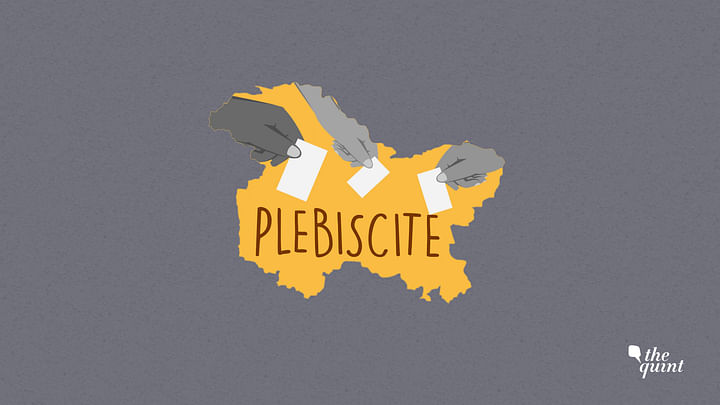
By: Muhammad Haris 4 January 2023
The dispute over the status of Indian Illegal Occupied Jammu & Kashmir (IIOJK) continues to be a source of tension between India and Pakistan. It has resulted in three wars between the two countries and continues to remain a key issue at the international level. It is an issue that has been on the agenda of the United Nations (UN) since 1947. Over the years, the Kashmir issue has been brought to various UN bodies including the United Nations Security Council (UNSC) and the United Nations General Assembly (UNGA). The UN has repeatedly called for a peaceful and lasting resolution to the conflict and has offered its assistance in facilitating negotiations and confidence-building measures. However, the issue remains with the UN as an unsettled dispute for more than seven decades now.
The United Nations Commission for India and Pakistan (UNCIP) was established in 1947 to address the situation in the region of Jammu and Kashmir. The Commission adopted several resolutions related to the dispute over the status of Jammu and Kashmir, including the UNSC Resolution 47 on April 21, 1948, which called for a cease-fire and the holding of a plebiscite to determine the future of the region. The United Nations Military Observer Group in India and Pakistan (UNMOGIP) was also established in 1949 to monitor the ceasefire between the two countries.
The United Nations (UN) did adopt another resolution calling for a plebiscite to be held in the state of Jammu and Kashmir in order to determine its future status. This resolution, known as the UNCIP Resolution of January 5, 1949, called for a free and impartial plebiscite to be held in the region under the supervision of the UN. However, the plebiscite has never taken place and the Kashmir dispute continues to be a major source of tension between India and Pakistan even after seven decades.
The UNCIP Resolution of January 5, 1949, is a key document in resolving the Jammu & Kashmir dispute. The UNSC has also reiterated the importance of implementing this resolution and finding a peaceful and lasting solution to the dispute. However, a mutually agreed upon resolution has not been agreed upon primarily because of India’s arrogance and bigotry.
The failure of the UN to hold a plebiscite in the state of Jammu and Kashmir as called for in the UNCIP Resolution of January 5, 1949, has had a significant impact on the dispute over the region’s status. The lack of a resolution to the dispute has contributed to ongoing tensions between India and Pakistan and has been a source of concern at the regional and international levels. There have been various efforts over the years to find a peaceful and mutually acceptable resolution to the dispute, but progress has been slow and the situation on the ground remains volatile. There have been numerous instances of violence and tension in the region, and both sides have accused the other of violating the ceasefire and engaging in provocations.
In recent years, the situation in Jammu and Kashmir has been marked by widespread violence and human rights abuses by the Indian-occupied forces, as well as increased tensions between India and Pakistan. There have been numerous instances of violence and clashes between Indian security forces and local civilians, as well as cross-border skirmishes between the two countries. The continued systematic suppression of the Kashmiri people by India and the inability to find a peaceful and lasting resolution to the conflict is a cause for concern for Pakistan and the broader international community. This can lead to increased tensions and instability in the region, which can have negative impacts on the security and prosperity of the region.
While the resolution has not been fully implemented, it has served as a basis for later efforts to find a peaceful and lasting solution to the conflict. The UNCIP Resolution of January 5, 1949, remains relevant even today because the dispute has not been fully resolved. However, it all depends on the willingness and intentions of the UN and other international players to solve the Kashmir dispute. Unfortunately, the international community seems to have turned a blind eye to this issue.
It is correct that the United Nations (UN) has not fulfilled its promise of holding a plebiscite in the state of Jammu and Kashmir to determine its future status which was called for in the UNCIP Resolution of January 5, 1949. It will be important for both India and Pakistan and the international community to work for a peaceful and lasting resolution to the dispute. This could involve measures such as engaging in dialogue, implementing confidence-building measures, and fulfilling the promises made under various UN resolutions in order to agree on a mutually acceptable solution to the Kashmir dispute. However, the practicality of this should only be subject to the UN and the international community playing their due role in working towards a peaceful resolution to the conflict, rather than playing in hands of India. Only then the desire for a peaceful and prosperous South Asian region can be fulfilled.
Muhammad Haris is an Islamabad-based researcher and policy analyst. He frequently writes on issues related to regional security with a special focus on contemporary South Asia.
